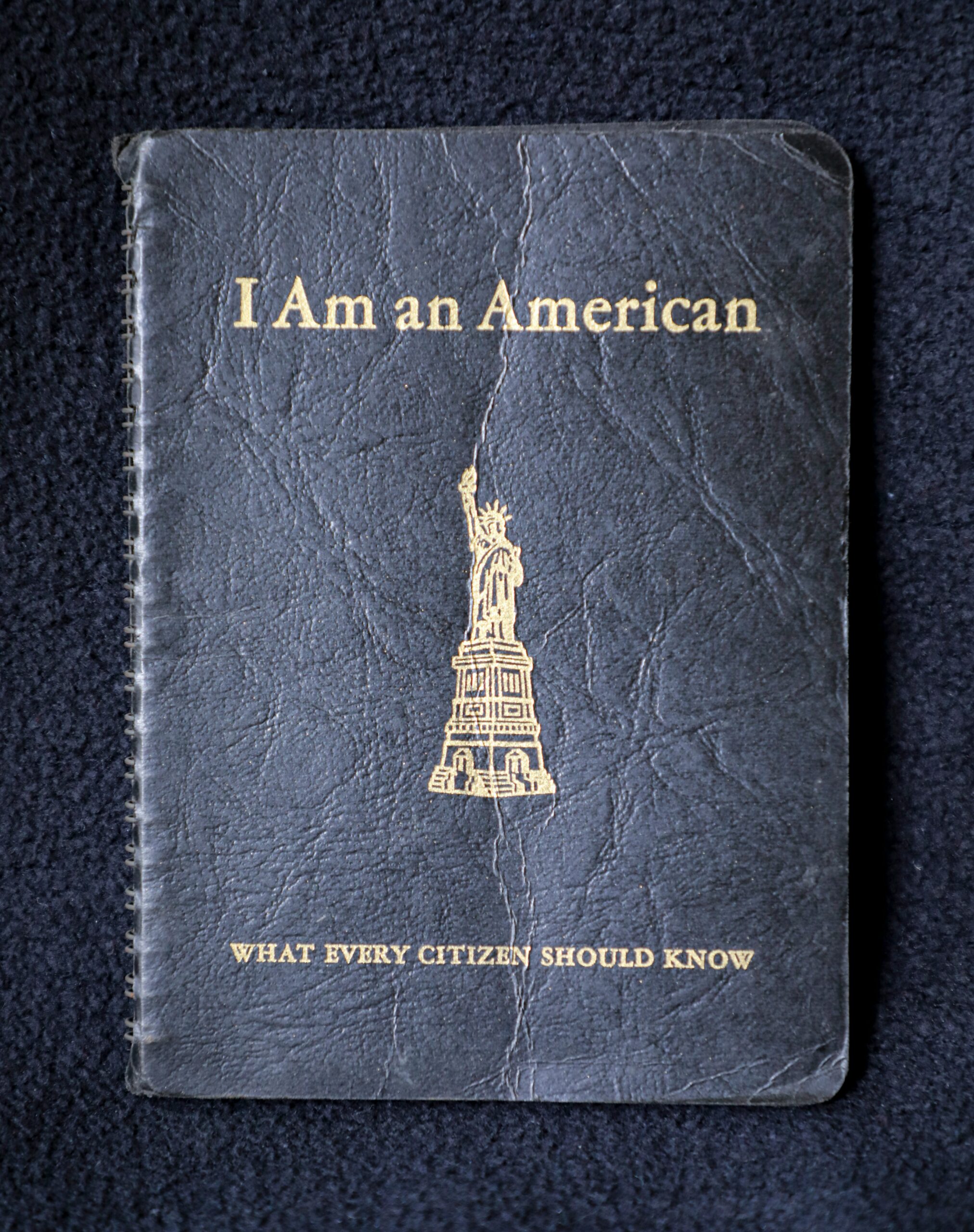When billionaire Elon Musk acquired Twitter (now X) in 2022, concerns arose that the self-proclaimed free-speech “absolutist” would turn the platform into a breeding ground for disinformation. Little did he know that his clash with Brazilian Supreme Court Justice Alexandre de Moraes would escalate into a high-stakes battle over free expression, censorship, and the very fabric of democracy.
The Genesis: Clash Over Censorship
X’s Dilemma
In a recent post, X’s Global Government Affairs team revealed that it had been forced to block “certain popular accounts in Brazil” without adequate explanation. The platform believed that these orders violated the Brazilian Federal Constitution and the Marco Civil da Internet, which guarantees freedom of speech, due process, and transparency.
Musk’s Defiance
Elon Musk, never one to shy away from controversy, took to X to call out Justice Alexandre de Moraes by name. He vowed that X would not comply with the judge’s orders, regardless of the consequences. Musk accused Moraes of suspending accounts belonging to “sitting members of parliament and major journalists,” labeling these demands as the “most draconian” in the world.
Moraes Strikes Back
Justice Moraes, undeterred, initiated a new inquiry specifically targeting Musk. He accused the X owner of obstruction of justice and incitement to crime, actions that, in Moraes’ view, disrespected Brazil’s sovereignty. The battle lines were drawn, and the stakes were high. He has given a directive to fine $20,000 to X for every day that passes without enforcing his directives.
The Dictatorship Narrative
The relationship between Alexandre de Moraes and President Luiz Inácio Lula da Silva has been marked by both cooperation and tension. Initially, Moraes facilitated a smooth transition of power during Lula’s election. However, their differing ideologies—Lula representing the left and Moraes often associated with the right—have led to clashes. Moraes, as a Supreme Court justice, has actively fought against disinformation, sometimes drawing criticism for perceived censorship.
However, this is not all. Word on the street has it that Moraes is the one who ‘installed’ Lula as the President after the controversial elections and as such, Lula will forever be indebted to Moraes.
Conclusion
As the battle rages on, the clash between Musk and Moraes underscores the delicate balance between free speech and accountability. While Musk fights for X’s autonomy, Moraes stands firm, determined to maintain Brazil’s democratic rule. The outcome remains uncertain, but one thing is clear: the time of complacency is over, and the fight for democracy continues.
frequently asked questions about Alexandre de Moraes
- Who is Alexandre de Moraes?
- Alexandre de Moraes is a Brazilian jurist currently serving as the president of the Superior Electoral Court and as a justice of the Supreme Federal Court.
- He was appointed to the Supreme Court by President Michel Temer in 2017 when he was serving as the Minister of Justice and Public Security.
- What is Alexandre de Moraes’s background?
- Born on December 13, 1968, in São Paulo, Brazil, Moraes studied at the Law Faculty of the University of São Paulo, graduating in 1990.
- He is an associate professor at the Law School, University of São Paulo (USP) and holds a doctorate in State Law from the same university.
- Moraes was a member of the Brazilian Social Democracy Party (PSDB) and held various political positions, including Secretary of Public Security of the State of São Paulo.
- What controversies surround Alexandre de Moraes?
- During his tenure as Secretary of Public Security in São Paulo, Moraes faced controversy. He was accused of covering up police violence, and one out of every four homicides in São Paulo was committed by the police.
- His management included sending armored vehicles to suppress left-wing demonstrations, which further fueled criticism.
- What role has he played in recent events?
- Moraes has been aggressively pursuing those suspected of undermining Brazil’s democracy. He investigated former President Jair Bolsonaro, arrested protesters based on slim evidence, and banished far-right supporters from social media.
- After the 2023 Brazilian Congress attack, Moraes ordered judicial actions .
- How do people view his actions?
- Some accuse Moraes of overstepping boundaries in the name of protecting Brazilian democracy, while others see his brash tactics as justified given extraordinary circumstances.
- Globally he is already being viewed as anti-free speech and the US congress is getting involved as well as EU

















